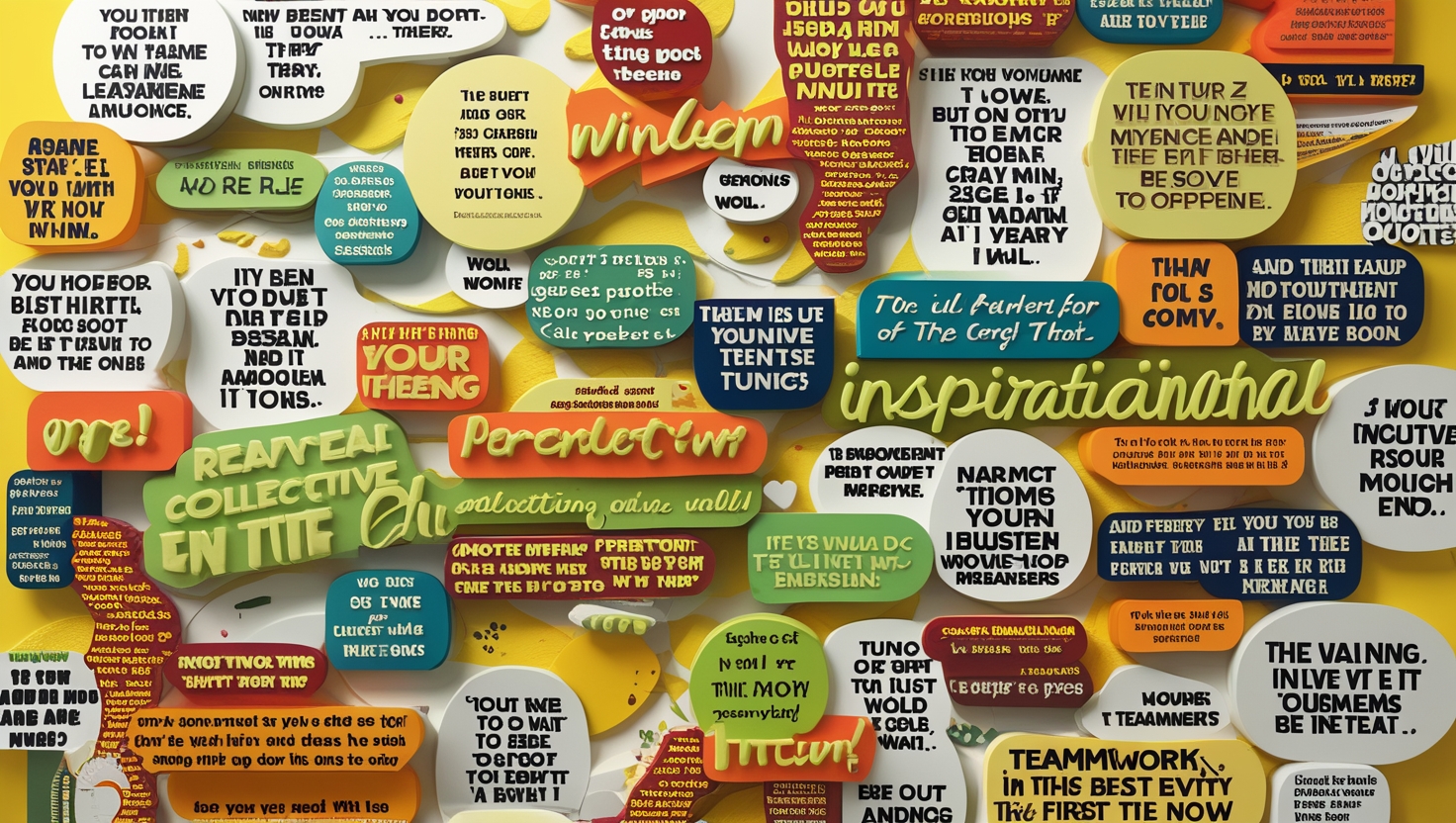Contributing to open-source projects is one of the most effective ways to enhance your development skills. By working on open-source projects, you not only improve your technical knowledge but also gain experience in collaboration, problem-solving, and real-world coding practices. Here’s a detailed guide to help you maximize the benefits of open-source contributions.
1. Understand What Open Source Means
Open-source projects are software projects where the source code is publicly available, allowing anyone to use, modify, and distribute the software. Contributing to these projects provides opportunities to:
- Learn from experienced developers.
- Work on real-world problems.
- Gain exposure to diverse technologies and frameworks.
2. Benefits of Contributing to Open-Source Projects
- Practical Experience: Working on actual projects gives you hands-on experience beyond theoretical learning.
- Portfolio Building: Contributions to high-profile projects can make your resume stand out.
- Community Engagement: You become part of a global community of developers, fostering collaboration and networking.
- Skill Enhancement: Learn new programming languages, tools, and frameworks while solving real-world problems.
3. Steps to Start with Open-Source Contributions
Identify Your Interests
Before diving into open-source projects, determine your areas of interest. Are you passionate about web development, AI, mobile apps, or cybersecurity? Narrowing down your focus helps you choose projects that align with your goals.
Choose the Right Project
Look for beginner-friendly repositories to get started. Platforms like GitHub and GitLab have tags like good first issue or help wanted, which are perfect for newcomers. Examples of popular open-source projects include:
- Web Development: React, Vue.js, or Django.
- Mobile Development: Flutter or Kotlin.
- AI/ML: TensorFlow or PyTorch.
- DevOps: Kubernetes or Ansible.
Familiarize Yourself with the Project
Once you’ve chosen a project:
- Read the documentation to understand its purpose and structure.
- Explore the codebase to get a sense of how it works.
- Review the issue tracker for open tasks.
Learn Version Control (Git)
Git is an essential tool for open-source contributions. Learn how to:
- Clone repositories.
- Create branches for your work.
- Commit changes and push updates.
- Submit pull requests for review.
Start Small
Begin with small tasks like fixing bugs, improving documentation, or adding test cases. These contributions help you get familiar with the project’s workflow and standards.
4. Best Practices for Contributing
- Communicate Effectively: Engage with maintainers and contributors. Join project-specific forums, Slack channels, or Discord groups.
- Follow Contribution Guidelines: Many projects have specific rules for submitting changes. Read and adhere to these guidelines.
- Write Clean Code: Maintain consistency with the project’s coding style. Use proper comments and documentation.
- Be Patient: Your pull requests may take time to get reviewed. Be open to constructive feedback and willing to make improvements.
5. Skills You Develop with Open-Source Projects
Technical Skills
- Master new programming languages and tools.
- Improve debugging and problem-solving abilities.
- Gain expertise in version control and collaborative development.
Collaboration Skills
- Learn to work in a team environment.
- Improve communication and project management skills.
- Handle constructive criticism and feedback gracefully.
Real-World Exposure
- Understand how large-scale projects are structured.
- Learn to write scalable and maintainable code.
- Get insight into the software development lifecycle (SDLC).
Resources to Get Started
- Platforms for Finding Projects:
- Learning Git:
- Communities:
- Join communities like freeCodeCamp, DEV.to, or Reddit’s r/opensource.
7. Overcoming Challenges
- Imposter Syndrome: Start with small, manageable tasks to build confidence.
- Understanding Complex Codebases: Spend time reading the code and ask questions if needed.
- Finding Time: Dedicate a few hours weekly and set realistic goals for contributions.
8. Showcase Your Contributions
- Highlight your open-source work on your GitHub profile.
- Mention significant contributions in your resume.
- Share your experiences on platforms like LinkedIn or personal blogs.
Conclusion
Improving your development skills with open-source projects is a journey of learning, collaboration, and contribution. By taking the first step and consistently engaging with projects, you’ll grow as a developer while making a meaningful impact on the tech community. So, pick a project, start contributing, and unlock new opportunities for your career.



